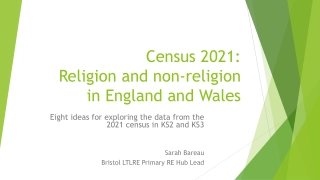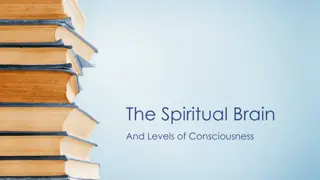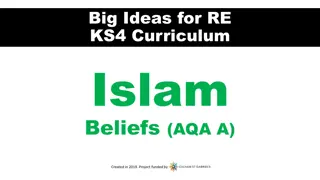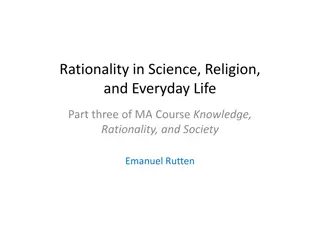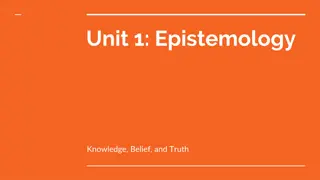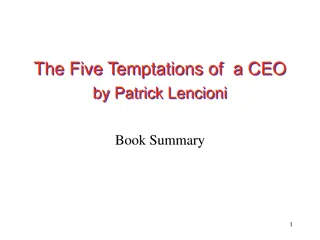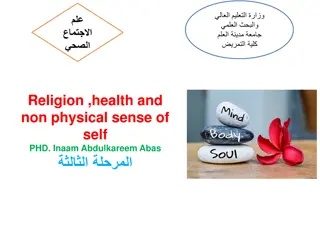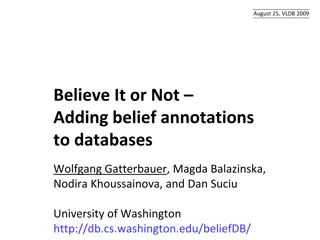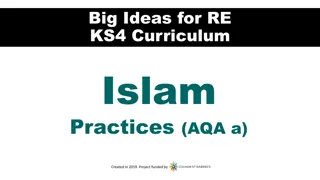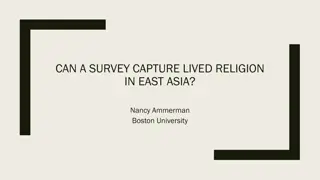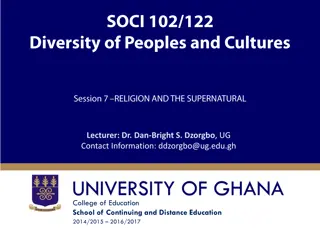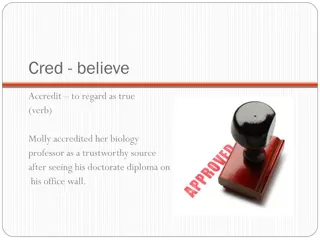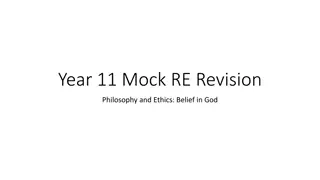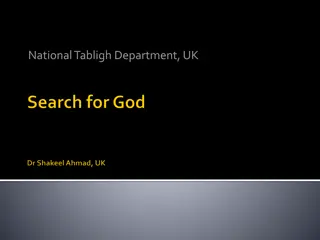Understanding Knowledge and Certainty in Religion and Belief at KS4
Delve into the concepts of a priori and a posteriori knowledge, exploring how we acquire beliefs about the world and religious truths through reason and sensory experience. Through engaging exercises and thought-provoking questions, this resource encourages critical thinking and reflection on how we come to understand our beliefs.
Download Presentation

Please find below an Image/Link to download the presentation.
The content on the website is provided AS IS for your information and personal use only. It may not be sold, licensed, or shared on other websites without obtaining consent from the author. Download presentation by click this link. If you encounter any issues during the download, it is possible that the publisher has removed the file from their server.
E N D
Presentation Transcript
KNOWLEDGE AND CERTAINTY (Part 1) RELIGION AND BELIEF KS4
What do we mean by knowledge? An Introduction to Philosophy of Religion Getting the tools for the job
But how do I know? arrange these cards in two groups (a) (d) (g) I know that Miss Carter is engaged to be married. I know that the moon is bright tonight I know that human beings are mammals (b) (h) (e) I know that a bachelor is an unmarried man. I know the Loch Ness Monster does not exist I know that 5+2=7 (c) (f) (i) I know that a Hexagon is a 6 sided shape I know that zebras have stripes I know that arachnids have 8 legs
TASK: Can you spot the difference? I know that Miss Carter is engaged to be married. I know that a bachelor is an unmarried man.
Two types of knowledge: A posteriori knowledge A priori knowledge I know that Miss Carter is engaged to be married I know that a bachelor is an unmarried man. We know this through our reason. We do not need sensory information We know this through sensory information
A posteriori knowledge is. Knowledge gained post (after) experience. Something that you come to know by finding it out through observation and using your senses. http://www.art4apps.org/images/downloadable/tall.png For example: I am tall for my age.
A priori knowledge is. Knowledge gained prior to experience. Something that you know through reason alone, without the need to find it out through the senses. http://kindersay.com/files/images/triangle.png For example: A triangle has three sides.
Test yourself- tick the correct box! A posteriori A priori The grass outside is green. Polygons have straight sides . The view from the window is beautiful . 9x9=81 Mr Clark is in his flat. This classroom has 20 windows. 6+1=8 A spinster is an unmarried woman .
What about this statement? Do we come to know about whether God exists a priori (through reason alone) or a posteriori (through sensory experience)? God exists



